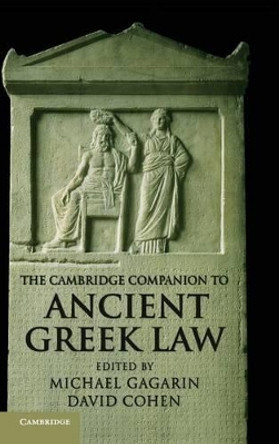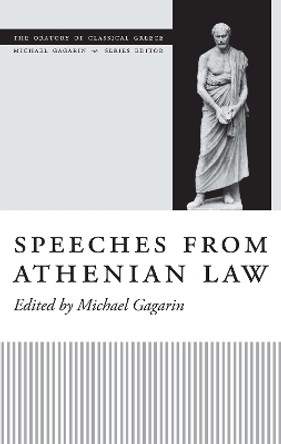The use of writing in the development of Greek law was unique. In this comparative study Professor Gagarin shows the reader how Greek law developed and explains why it became so different from the legal systems with which most legal historians are familiar. While other early communities wrote codes of law for academic or propaganda purposes, the Greeks used writing extensively to make their laws available to a relatively large segment of the community. On the other hand, the Greeks made little use of writing in litigation whereas other cultures used it extensively in this area, often putting written documents at the heart of the judicial process. Greek law thereby avoided becoming excessively technical and never saw the development of a specialised legal profession. This book will be of interest to those with an interest in the history of law, as well as ancient historians.
A comparative study of legal writing revealing the uniqueness of Greek law.About the AuthorMichael Gagarin is James R. Dougherty, Jr Centennial Professor of Classics at the University of Texas, and has published widely on Greek law. Previous publications include Antiphon the Athenian: Oratory, Law and Justice in the Age of the Sophists (2002) and The Cambridge Companion to Ancient Greek Law (co-edited with David Cohen, Cambridge, 2005).
ReviewsReview of the hardback: '... brilliant analysis ...' Edinburgh Law Review
Book InformationISBN 9780521886611
Author Michael GagarinFormat Hardback
Page Count 296
Imprint Cambridge University PressPublisher Cambridge University Press
Weight(grams) 610g
Dimensions(mm) 229mm * 152mm * 20mm









